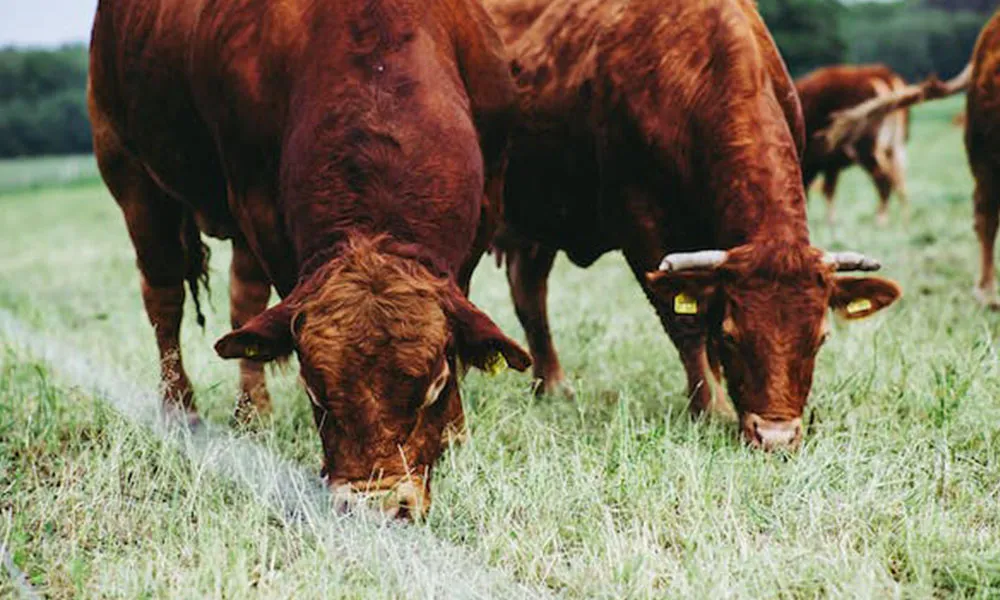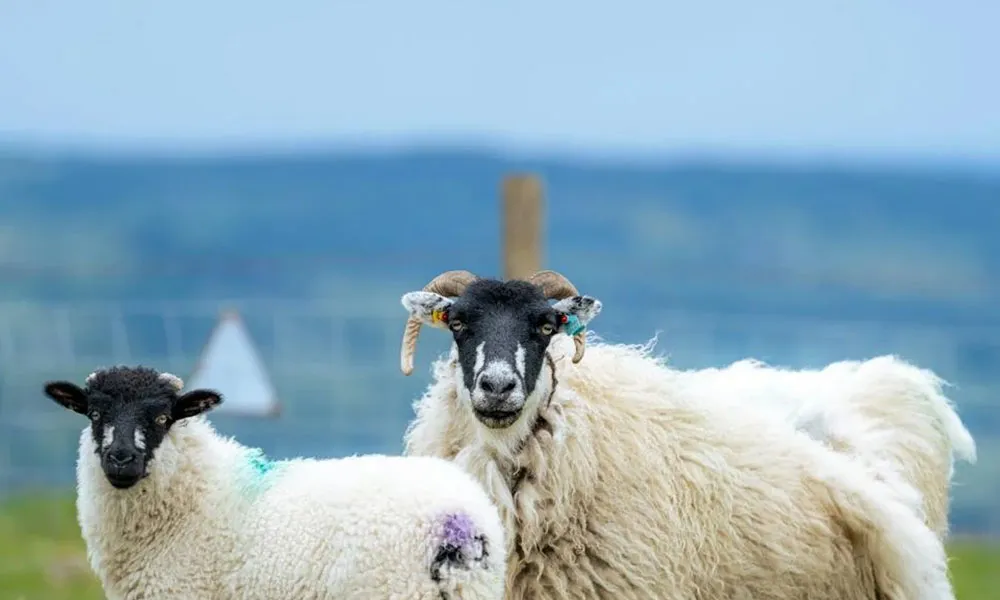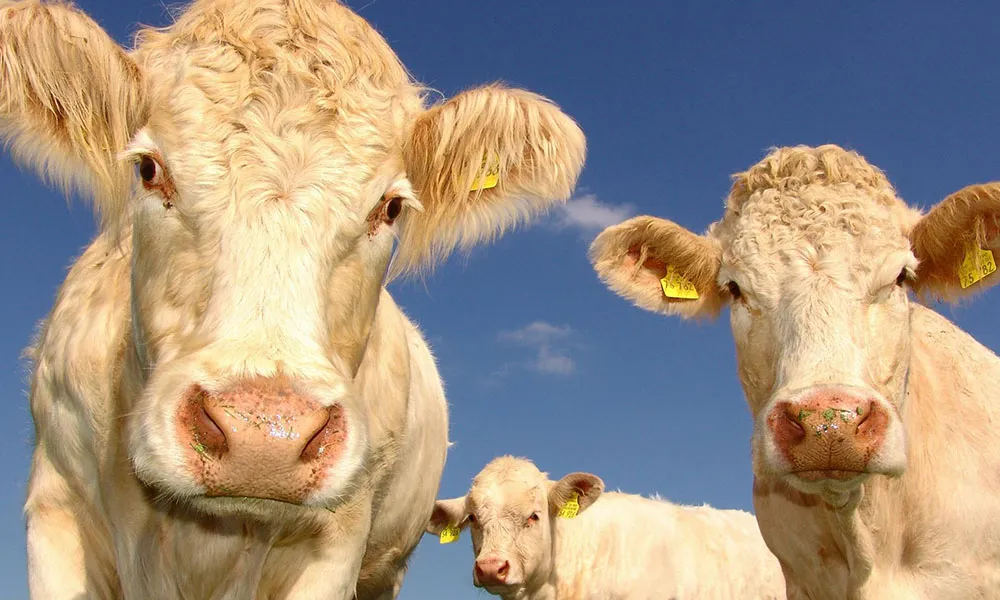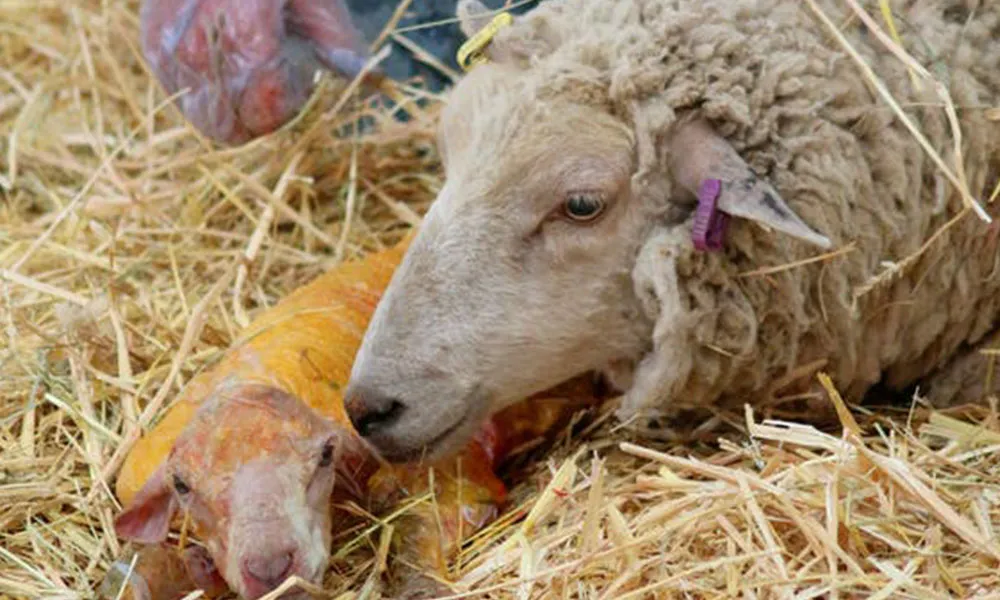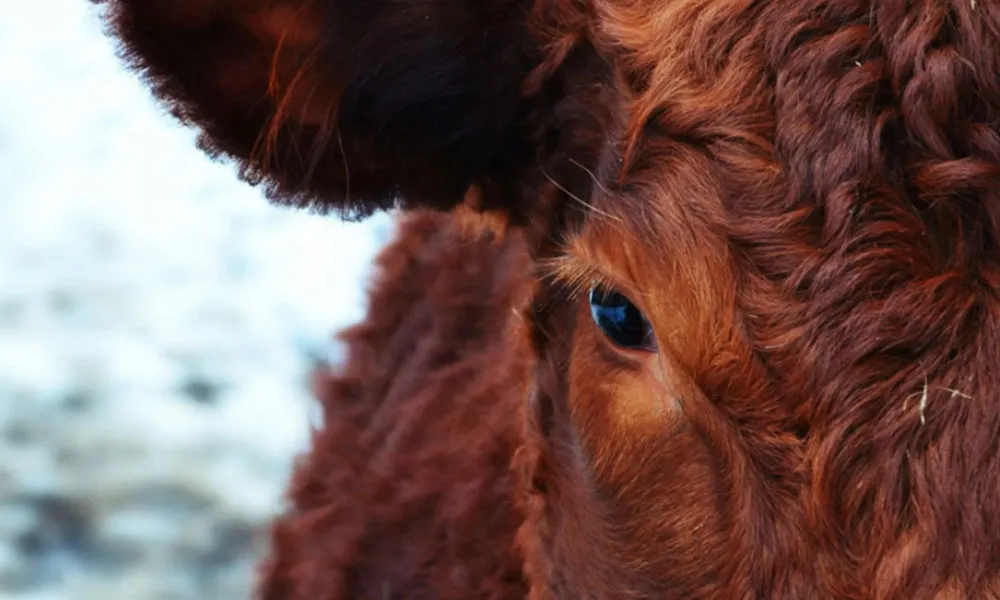In the run-up to breeding season, we tend to place a lot of emphasis on cow health and fertility. And there is no doubt that the physical condition of breeding cows going to the bull is key to ensuring a successful calf-to-cow ratio come the spring. But it is equally important, if not more so, that we give careful consideration to the health of our stock bull in the weeks prior to breeding. Taking into account that a majority of calves born on beef farms are sired by a stock bull, it is fair to say that we cannot afford to overlook bull health and fertility during the weeks ahead.
Body Condition Score and General Health
As with cows, you should make sure that your stock bull is in prime physical condition. One way to do this is by measuring the animal's Body Condition Score. Ideally, your bull should have a BCS of 3. This will leave your bull at a good weight - not too light that he lacks a reserve, but not so heavy that he can't repeatedly mount in-heat cows.
Aside from this, it is a good idea to get your bull's bloods tested before putting him to the cows. You should test for diseases like Johne's, Leptospirosis and BVD among others. In addition to this, make sure that you don't vaccinate or treat for lice or fluke too close to the breeding season. Many medical treatments and vaccinations can have a negative short-term impact on fertility.
Feet
Healthy feet are essential when it comes to stock bull performance. In order to repeatedly mount cows, your bull will need to have hooves free from any kind of disease or foreign objects, as these will hinder his ability to inseminate.
Do not overfeed your bull in the run-up to breeding, as obesity can also cause problems with the feet.
Fertility check
It is better to take no chances, and a fertility check will help to put your mind at ease. This is, perhaps, the most obvious piece of advice but many farmers avoid it for a variety of reasons. I know a lot of beef men who cite the price as a major issue. However, the cost of the test should be weighed against the possibility of having a herd full of dry cows next spring. When thought about like this, the fertility test starts to seem fairly appealing.
Young bulls
Young bulls in their first breeding season should be subject to fertility tests. In addition, you should make sure that these bulls do not cover more than 20 cows in the season. Even after a successful fertility test, it is good practice to rotate bulls as this will reduce the risk of an infertile bull leaving you with dry cows.
Additionally, scan cows a few weeks after going to the bull.

